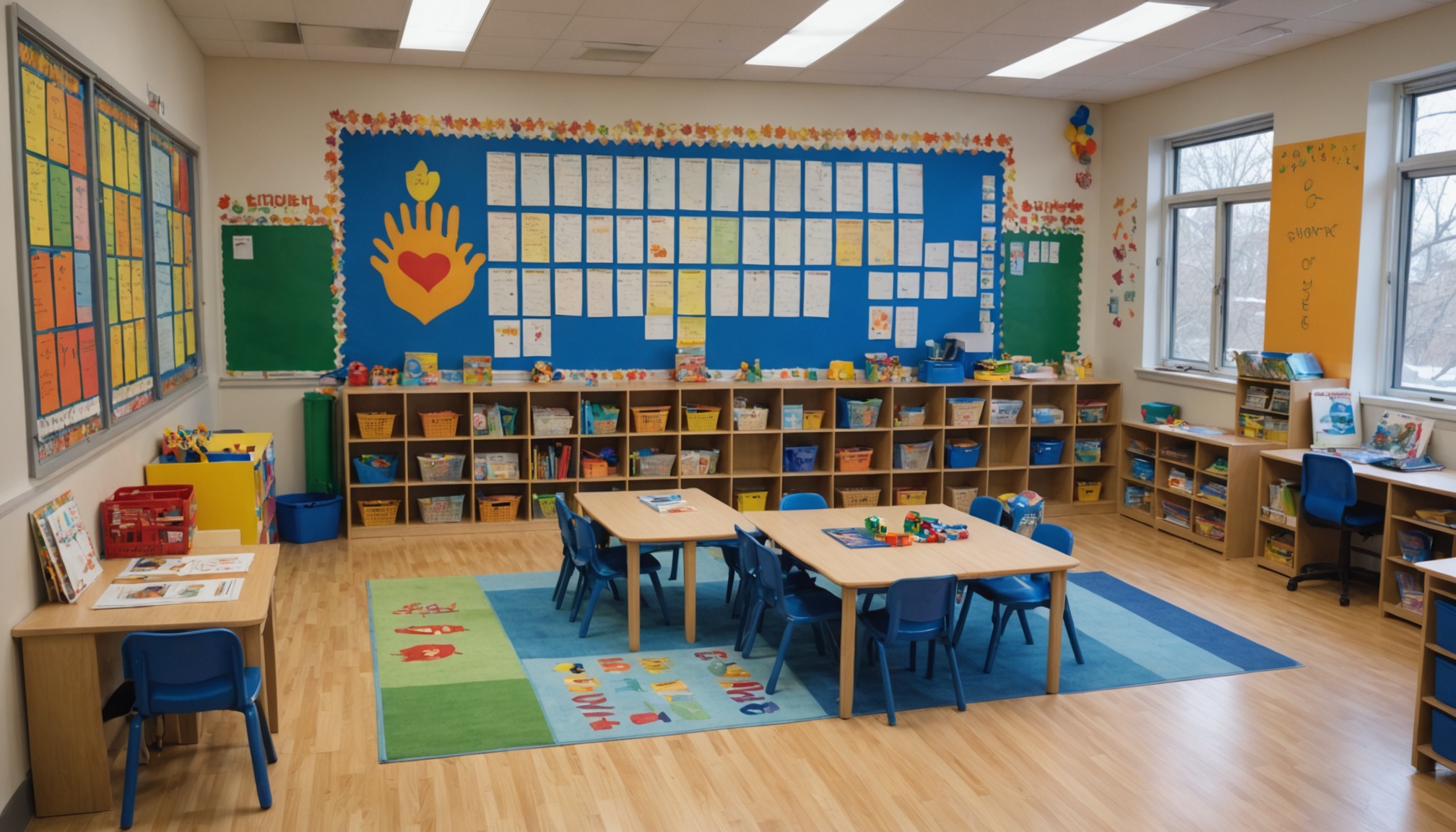Trauma-Informed Classrooms in Toronto: Current Best Practices

Every child deserves to feel safe and supported at school—especially those who have experienced trauma. Toronto educators are leading the way in making classrooms places of healing, not just learning. By adopting trauma-informed best practices, schools help students (and teachers) build resilience, focus, and hope for the future.
What Is a Trauma-Informed Classroom?
Trauma-informed classrooms recognize the impacts of trauma on learning, behaviour, and relationships. Instead of asking “What’s wrong with this student?” educators ask, “What happened to this student, and how can we help?” These environments are guided by empathy, consistent routines, clear boundaries, and accessible supports for all students.
Core Strategies Used in Toronto Schools
- Predictable routines and clear expectations: Daily schedules, classroom agreements, and visual reminders help students feel secure.
- Training for staff: Toronto boards provide regular professional development on mental health, trauma, and equity.
- Safe spaces and regulation tools: Quiet corners, calming kits, and break passes give students agency to manage big feelings.
- Emotional literacy: Students are taught to recognize and name feelings, normalize emotional ups and downs, and develop coping skills.
- Inclusive practices: Respecting cultural backgrounds and diverse family structures invites every child to belong.
How Can Parents and Caregivers Support Trauma-Informed Learning?
Families play a key role. Regular communication with educators, sharing relevant information about a child’s needs (as comfortable), and using consistent support strategies at home can make a big difference. Many Toronto schools partner with community mental health clinics—including trauma counselling services—to create circles of care for students and families.
When to Seek Additional Trauma Support in Toronto
Signs a child might need extra help include persistent withdrawal, aggression, trouble focusing, or frequent absences. Schools can help connect families to accessible resources, such as community-based clinics, school social workers, and trusted local organizations (CAMH trauma resources).
Building a Compassionate Future, Together
By keeping trauma-informed strategies at the heart of Toronto classrooms, we nurture not just academic success, but lifelong well-being, empathy, and hope. If you’re concerned about your child’s school experience or want to learn about trauma-informed support, contact our clinic. We’re here to help families and educators work together for a brighter, more inclusive future.
Take the Next Step: Book an assessment or speak with a trauma specialist today.





